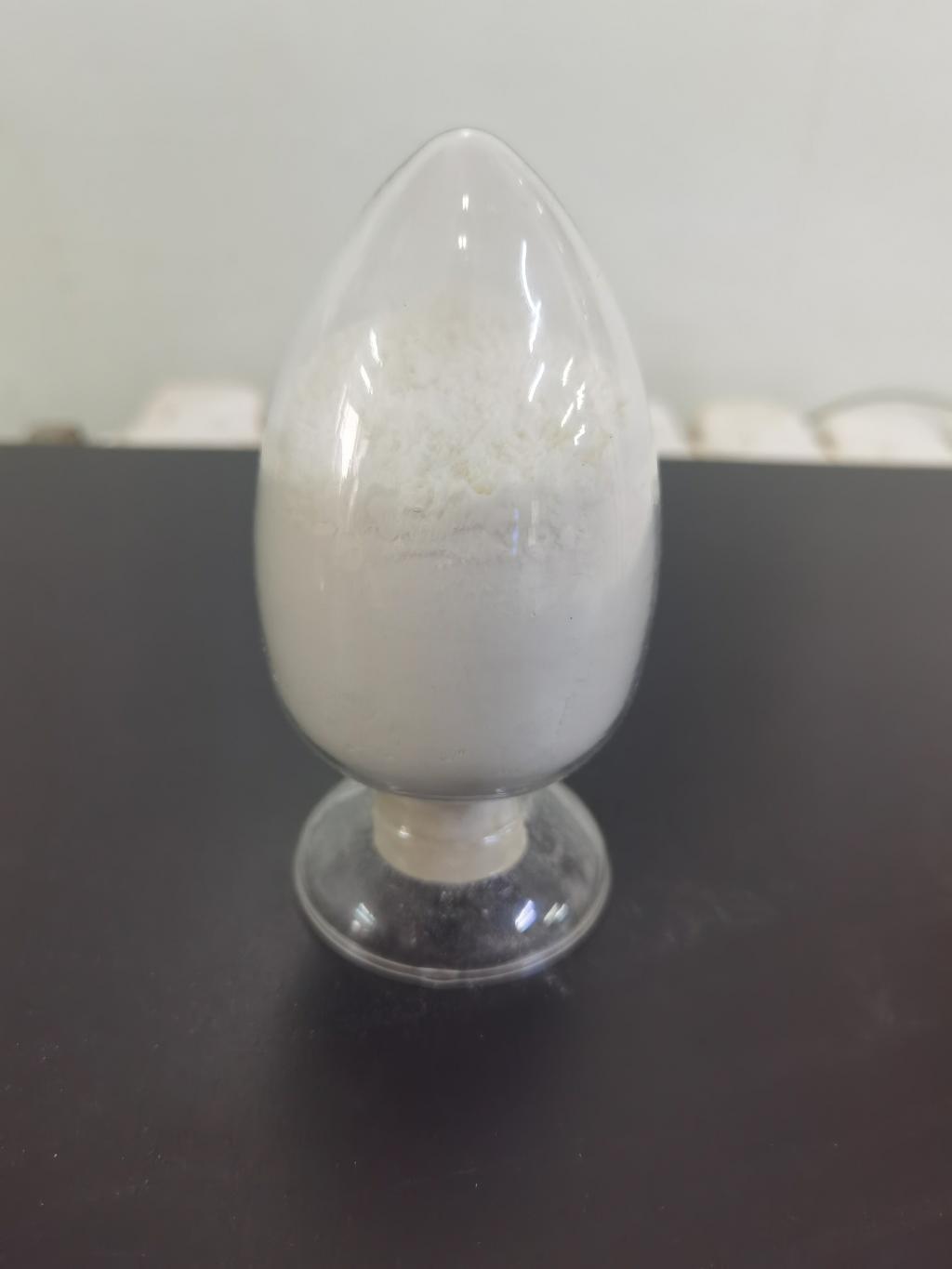Tel:+8618231198596

News
 CONTACT
CONTACT
 CONTACT
CONTACT
- Linkman:Linda Yao
- Tel: +8618231198596
- Email:linda.yao@dcpharma.cn
- Linkman:CHARLES.WANG
- Department:Overseas
- Tel: 0086 0311-85537378 0086 0311-85539701
News
Regulatory approval for ε-Polylysine hydrochloride underscores its safety as a food additive.
TIME:2024-04-09
Understanding ε-Polylysine Hydrochloride:
ε-Polylysine hydrochloride is a cationic homopolymer derived from natural sources, particularly through fermentation by certain bacteria strains. Composed of multiple L-lysine residues linked by ε-amino bonds, it exhibits antimicrobial properties, inhibiting the growth of bacteria, yeasts, and molds in food products. Its natural origin and effectiveness in food preservation make it a desirable choice for food manufacturers seeking safe and sustainable preservation methods.
Importance of Regulatory Approval:
Ensuring Safety for Consumers:
Regulatory approval of food additives like ε-Polylysine hydrochloride is essential for safeguarding consumer health and well-being. Regulatory agencies such as the U.S. Food and Drug Administration (FDA) and the European Food Safety Authority (EFSA) evaluate the safety of food additives based on extensive scientific data and risk assessments. Approval signifies that ε-Polylysine hydrochloride has met stringent safety criteria and is deemed safe for consumption when used within specified limits.
Maintaining Confidence in Food Safety Systems:
Regulatory approval instills confidence in food safety systems by providing assurance that food additives undergo thorough evaluation and oversight. Consumers, industry stakeholders, and regulatory agencies rely on the approval process to assess the safety and suitability of food additives for use in food products. By adhering to regulatory requirements, manufacturers demonstrate their commitment to compliance and consumer protection.
Facilitating Market Access and Trade:
Regulatory approval facilitates market access and trade by establishing harmonized standards for food additives across regions and jurisdictions. Manufacturers seeking to market products containing ε-Polylysine hydrochloride can navigate regulatory requirements more efficiently when it holds regulatory approval. This streamlines the approval process, reduces barriers to entry, and promotes global trade in food products.
Regulatory Approval Process:
Submission of Dossier:
The regulatory approval process for ε-Polylysine hydrochloride typically begins with the submission of a comprehensive dossier to regulatory authorities. The dossier includes scientific data, toxicological studies, safety assessments, and other relevant information demonstrating the safety and efficacy of ε-Polylysine hydrochloride as a food additive.
Safety Evaluation:
Regulatory agencies conduct thorough safety evaluations of ε-Polylysine hydrochloride based on the submitted dossier and additional data as needed. This involves assessing potential hazards, exposure levels, toxicological effects, and risk mitigation measures associated with the use of ε-Polylysine hydrochloride in food products.
Risk Assessment:
Risk assessment is a key component of the regulatory approval process, where regulators evaluate the likelihood and severity of adverse effects associated with ε-Polylysine hydrochloride consumption. This includes consideration of exposure levels, population demographics, and potential sensitivities or allergies to ε-Polylysine hydrochloride.
Establishment of Usage Limits:
Based on the safety evaluation and risk assessment, regulatory authorities establish usage limits and maximum allowable concentrations for ε-Polylysine hydrochloride in food products. These limits ensure that exposure levels remain within safe thresholds and mitigate any potential risks to consumer health.
Authorization and Labeling Requirements:
Upon completion of the regulatory approval process, ε-Polylysine hydrochloride receives authorization for use as a food additive, typically accompanied by specific labeling requirements. Manufacturers are required to accurately label products containing ε-Polylysine hydrochloride, including its presence, concentration, and any relevant usage instructions or warnings.
Implications for the Food Industry:
Compliance with Regulations:
Regulatory approval obligates food manufacturers to comply with established regulations and standards governing the use of ε-Polylysine hydrochloride in food products. This includes adherence to usage limits, labeling requirements, and good manufacturing practices to ensure consumer safety and regulatory compliance.
Consumer Confidence and Trust:
Regulatory approval enhances consumer confidence and trust in food products containing ε-Polylysine hydrochloride by providing assurance of their safety and compliance with regulatory standards. Consumers are more likely to purchase products that have undergone thorough regulatory scrutiny and approval, contributing to brand reputation and loyalty.
Market Access and Innovation:
For food manufacturers, regulatory approval of ε-Polylysine hydrochloride opens doors to new market opportunities and product innovations. Approved additives can be incorporated into a variety of food products, expanding product offerings and meeting consumer demand for safe and sustainable ingredients.
Conclusion:
Regulatory approval of ε-Polylysine hydrochloride is a critical step in ensuring its safety and effectiveness as a food additive. By undergoing thorough evaluation and assessment by regulatory authorities, ε-Polylysine hydrochloride demonstrates its compliance with safety standards and regulatory requirements. This approval instills confidence in consumers, industry stakeholders, and regulatory agencies, fostering trust in the safety and quality of food products containing ε-Polylysine hydrochloride. As the food industry continues to evolve, regulatory approval remains an essential aspect of ensuring consumer protection and promoting innovation in food safety and technology.
- Tel:+8618231198596
- Whatsapp:18231198596
- Chat With Skype







